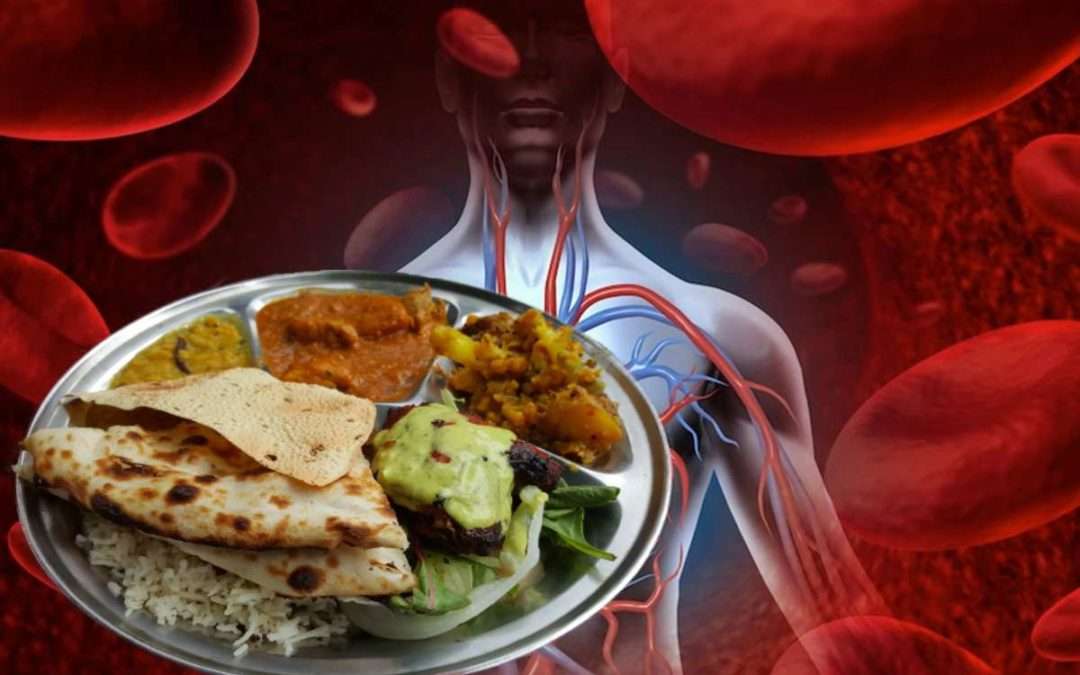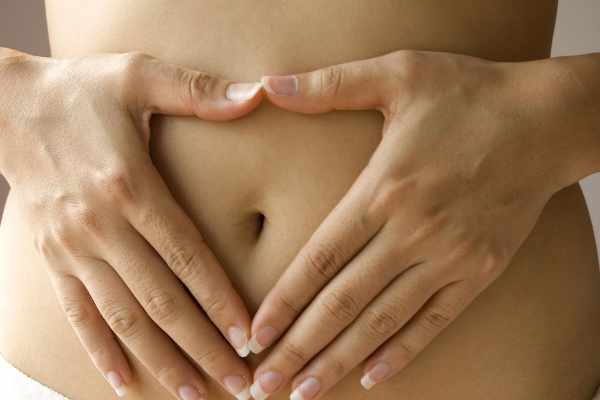
Spleen and hypertension
- difficulty 25%
The role of the spleen in hypertension
Arterial hypertension (AH) corresponds to an abnormal increase in blood pressure on the artery walls. It is also defined by figures measured by a blood pressure meter: from…
In Traditional Chinese Medicine (TCM), hypertension is not considered a pathology, but a syndrome that alerts us to a dysfunction of certain internal organs. TCM diagnosis identifies the energy imbalances underlying these dysfunctions. These vary naturally from one individual to another.
Hypertension according to TCM
Chinese medicine is always interested in the causes of so-called diseases, and never stops at the symptoms alone. The factors that can lead to hypertension are extremely varied. It is generally accepted that they are closely linked to a healthy lifestyle. Among these, the psycho-emotional aspect plays a vital and recognized role in hypertension.
Excessive anxiety linked to the difficulties of daily life, continual stress and a state of underlying depression are generators of hypertension.
While each organ can play a role in the genesis of hypertension, and in particular the Liver and Kidneys, we choose here to focus on the role of the Spleen in hypertension, through the production of Tán.
Spleen functions
The Spleen is a very important organ in TCM. It belongs to the Earth in the Five Elements theory, and is linked to the emotion of anxiety. It is at the center of the body and has the property of “bringing up” and “bringing down” the essences it extracts from food.
The Spleen transforms food and drink into blood and qi. It also plays a role in sorting and eliminating waste through stool, urine and perspiration.
A quality diet is therefore essential to the Spleen’s energetic balance. However, our diet is often too rich, and we eat too much. What’s more, we eat foods that bring in a lot of moisture (sugars, fats), or foods that are too raw or too cold. In both cases, we damage the spleen.
If the Spleen’s function is weakened, its transformative and eliminative properties will go awry. The Spleen will not be able to eliminate all the waste from the alimentary bolus, which will then be transformed into Tán, or mucus. The Tán formed can be either cold or hot, depending on the type of individual.
This Tán will attach itself to the most vulnerable parts of the body, notably the walls of the blood vessels, thus impeding the free circulation of blood. This is how, through Tán, the spleen relates to blood pressure. Tan obstructs vessels, making them harder and less elastic. The heart in particular is affected.

Tán and digestion
The importance of a well-functioning spleen is clear. It plays a decisive role in the quality of digestion. The same meal ingested by several people will not be digested in the same way by everyone, depending on the state of their spleen and, more generally, their yin/yang balance. If the spleen is functioning correctly, it will be able to assist in the elimination of excess food bolus.
As the spleen’s role is to transform nutrients into Qi and Blood, it’s important that food is easy to digest. This limits the risk of poorly digested food stagnating and generating Tán.
Finally, if the Spleen is functioning properly, Tán, even if produced, can be easily eliminated and will not be deposited in the blood. Tán is therefore always related to poor digestion or overeating.
Preventing the formation of Tán
This Tán is not only one of the causes of high blood pressure, but can also lodge in other parts of the body, notably the lungs. This can lead to coughing, bronchitis or asthma. Tán can also block the circulation of qi, generating stagnation, poor blood flow and pain. Finally, Tán can also cloud the mind, generating mental confusion, anxiety and depression.
As we’ve seen here, it’s essential to keep the spleen, and all the organs in general, in a good state of energetic balance. Chinese medicine provides the necessary rebalancing through acupuncture or herbal prescriptions. But patients must also take action to rebalance their lifestyle, particularly their diet (see below). They must also take care to live their emotions more effectively.
Diet and Tán production

Taking care of your diet is the best way to avoid Tán production. Here are the main foods to avoid:
- fried foods (French fries, doughnuts and breaded foods) oily and fatty foods, which are difficult to digest;
- Sugar and sweet foods, including sugary drinks (sodas, sweetened fruit juices, energy drinks, etc.) and alcohol;
- Dairy products (especially full-fat cheeses, whole milk, cream and yoghurts). These are humidifying and can therefore encourage the production of mucus;
- Cold foods and drinks. Cold or iced drinks, or food taken out of the fridge too cold, weaken the spleen. The same is true of too much raw food;
- Refined and processed foods from the food industry.
Care should also be taken with the cooking method. Some cooking methods are conducive to the production of mucus or Tán, such as :
- Frying, which increases the fat content of food;
- Grilling and roasting at very high temperatures;
- Cooking with a lot of oil.
On the contrary, we recommend :
- Light cooking, such as steaming, which preserves the nutritional value of food while facilitating digestion;
- Boiled or braised foods;
- Hot, cooked foods such as soups and broths, which support spleen function;
- Steamed, lightly sautéed or boiled vegetables;
- Whole grains (brown rice, quinoa, oats, etc.);
- Lean proteins (fish, chicken, legumes)






